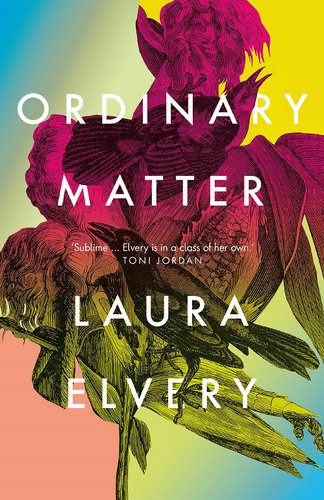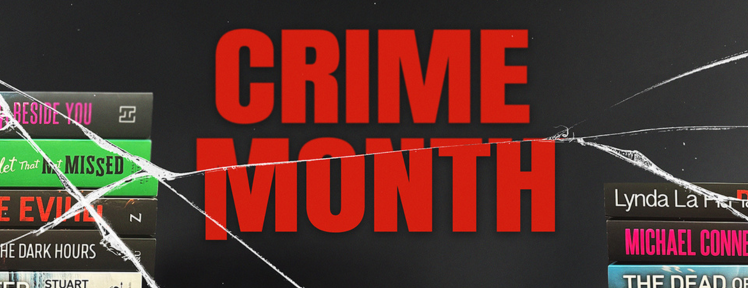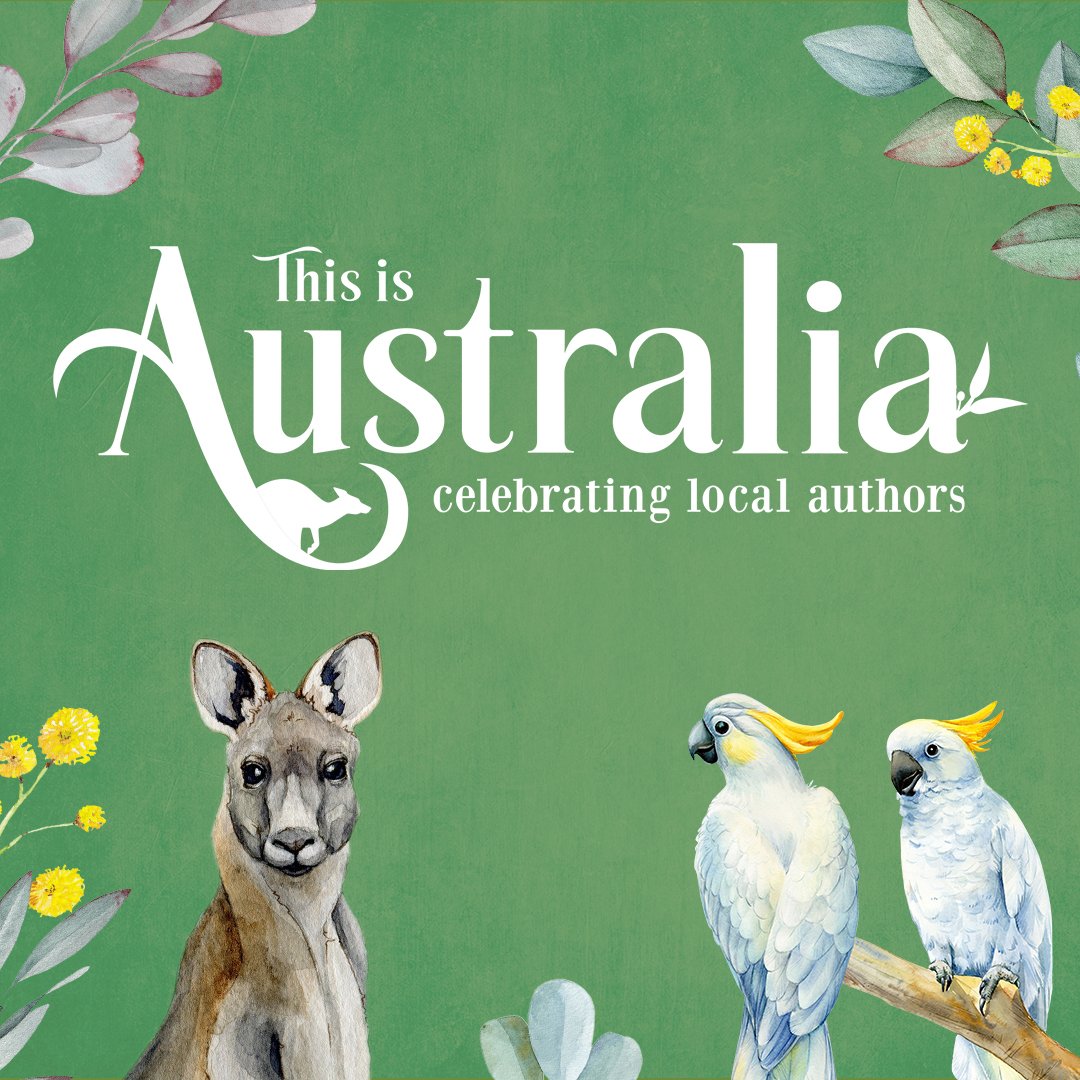Laura Elvery is a writer from Brisbane. She has a PhD in Creative Writing and Literary Studies. Her work has been published in Overland, Griffith Review, Meanjin, Kill Your Darlings and The Big Issue fiction edition. She has won the Josephine Ulrick Prize for Literature, the Margaret River Short Story Competition, the Neilma Sidney Short Story Prize and the Fair Australia Prize for Fiction. In 2018 Laura’s first collection of short stories, Trick of the Light, was a finalist in the Queensland Literary Awards. Her newest collection is called Ordinary Matter, and it is inspired by the twenty times women have won Nobel Prizes for science.
Today, Laura is on the blog to answer a few questions about her new collection. Read on …
Tell us about your book, Ordinary Matter!
LE: The Nobel Prize began in 1901 and since then women have been awarded the prize just twenty times. Ordinary Matter is a short story collection comprising twenty stories – each is connected to one of these women, beginning in 1903 when Marie Curie won her first Nobel, to 2018 when Frances Arnold of the USA won for Chemistry. The stories are linked sometimes very tightly with the scientist, and other times more loosely – perhaps a line I found in my research, or some great fallout from her work, or even just a clue from her childhood.
This collection revolves around the idea that ‘the extraordinary pivots on the ordinary.’ Can you expand on that a little bit?
LE: I’ll give you an example. Gertrude Elion – who I certainly hadn’t heard of before I began writing this book – won her Nobel Prize in Physiology and Medicine in 1988. Elion was inspired to work in the medical field after her grandfather became sick with cancer, when she was a teenager. By all accounts Elion was an outstanding student, a real genius, but for years she couldn’t find a career in research commensurate with her skills. But she was determined, and she worked a range of jobs, including in a supermarket chain’s food lab. Finally, her work was recognised – this rather ‘ordinary’ woman from New York City. In my mind, Elion should be as famous as Salk or Fleming. Her new approach to drug design led to treatments for leukaemia, herpes, organ transplant, cancer, malaria, and AIDS that have saved the lives of literally millions of people.
Ordinary Matter is inspired by the work of Nobel Prize-winning women over a century. What surprised you the most about their stories while you were researching them?
LE: All but two (the Australian, Elizabeth Blackburn, and Tu Youyou from China) are from Europe or North America. It’s also extraordinary that only three women have won Physics prizes, approximately sixty years apart, from 1903 to 2018. It took male physicists just two years to win three.
Is there a particular story that really resonated with you while you were writing it?
LE: Many! ‘Frost’ is a favourite, because Dorothy Hodgkin (the only British woman to win) is a total legend. It was a hard story to write because I had many ideas of how to approach it. Lots and lots of false starts. Choosing one plot line, one set of characters (Hodgkin did many interesting things that are perfect fodder for a fiction writer) was difficult to pin down. ‘Frost’ is also a very short piece in Ordinary Matter, and an odd story, with an odd narrator, about an odd pairing in history, so maybe that’s also why I like it.
Were there any stories that were more challenging to write?
LE: I know I should say that they were all challenging to write, but I got lucky with a few stories, where what appears in the book is more or less how the first draft came out. That’s a good feeling! That’s lucky! But I struggled with some endings. The hardest part was – like with Hodgkin – deciding which of the dozens of ideas from my research I should pursue for each woman. A fun problem, I guess.
How did you come to be a writer?
LE: I used to be a high school teacher but after six or seven years in the classroom I got the itch to go back to uni. I wanted to be back on campus having somebody teach me. I chose a Master of Creative Industries at QUT, which turned into a creative writing and lit studies PhD. I seriously doubt I would be a writer now without those pushes I gave myself.
What do you love about writing short fiction?
LE: That I can be struck by an idea, work through it passionately, figure out what I’m thinking or reframe a range of feelings I want to recall, and then be done with it. Move on.
Who are some of your favourite short fiction writers?
LE: Julie Koh, George Saunders, Elizabeth Strout, Nic Low, Abigail Ulman, Carys Davies, Sarah Hall, Lauren Groff. So many! Friday Black by Nana Kwame Adjei-Brenyah is terrific. One of the earliest collections that really shook me was Heat and Light by Ellen van Neerven. I recently read Smart Ovens for Lonely People by Elizabeth Tan and loved it.
What do you hope readers will discover in Ordinary Matter?
LE: Oooh that’s a good question! I hope readers might be interested enough to go find out what else these women did (besides turning up in the pages of my book). Some of the obstacles they overcame are utterly inspiring, and the way they inspired others is pretty great too.
And finally, what’s up next for you?
LE: I have a new short story coming out soon in Island magazine. I’m also co-writing a podcast for the ABC. And I’ve been tentatively drafting the very early stages of my next book, a novel that begins in London in the summer of 1910.
Thanks Laura!
—Ordinary Matter by Laura Elvery (University of Queensland Press) is out on the 1st of September.

Ordinary Matter
In 1895 Alfred Nobel rewrote his will and left his fortune made in dynamite and munitions to generations of thinkers. Since 1901 women have been honoured with Nobel Prizes for their scientific research twenty times, including Marie Curie twice.
Spanning more than a century and ranging across the world, this inventive story collection is inspired by these women whose work has altered history and saved millions of lives. From a transformative visit to the Grand Canyon to a baby washing up on a Queensland beach, a climate protest during a Paris heatwave to Stockholm on the eve of the 1977 Nobel Prize ceremony, these stories interrogate the nature of...







 What do we know about the Boy Swallows Universe Netflix show?
What do we know about the Boy Swallows Universe Netflix show?  Booktopia’s top thrilling fiction picks for Crime Month
Booktopia’s top thrilling fiction picks for Crime Month  Booktopia’s Top First Nations Book Recommendations for 2023
Booktopia’s Top First Nations Book Recommendations for 2023
Comments
No comments